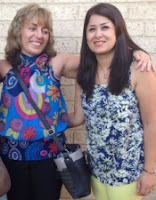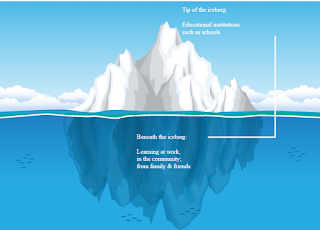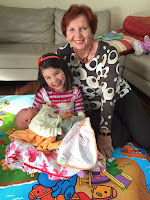Before I came to Australia, I did some research about where to live and decided on the Gold Coast, Queensland because it has a great climate. It was the correct decision.
A few months ago my friend and I decided to invest in a sailing boat. We enrolled in a sailing class and obtained our sailing licences. I've been sailing for 6 months here on the Gold Coast. It is a great place to learn because there are a lot canals where you can sail in calm water and many beautiful small islands which vary in character. Some have crystal clear water with lots of animals.
I used to spend Christmas with my family back home but because I don't have family here I decided to do something different for Christmas and go sailing to Moreton Island. This will be our second time to sail there so my friend and I have a bit more experience but we can't be overconfident because this is a long and quite dangerous route with one stretch of water where many boats have gone down.
Our 24 ft sailing boat is equipped with solar panels, a small stove, a big 100 litre water tank and beds for 5 people. It has just the basic things so we will take a big esky full of food, ice and some beers. Hopefully we won't use the engine if the wind is good and we'll catch some big fish.
Thanks Eudes for sharing your story. We wish you a safe and fabulous adventure.
Our 24 ft sailing boat is equipped with solar panels, a small stove, a big 100 litre water tank and beds for 5 people. It has just the basic things so we will take a big esky full of food, ice and some beers. Hopefully we won't use the engine if the wind is good and we'll catch some big fish.
Thanks Eudes for sharing your story. We wish you a safe and fabulous adventure.
- How are you spending Christmas this year?
- Have you changed any of your traditions because you're now living in a different country?
- What were the highlights of 2016 for you?
This is our last blog story this year. From all of us in the Navitas DL team, we thank you for joining the program in 2016 and we wish you a very happy Christmas and a safe holiday until we return again on 3rd January 2017.


































